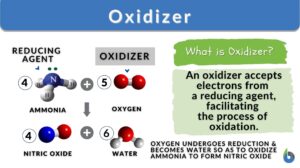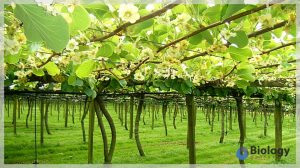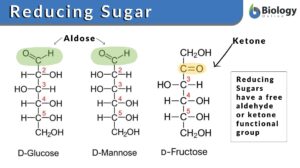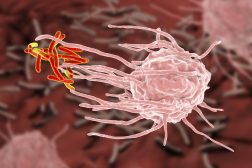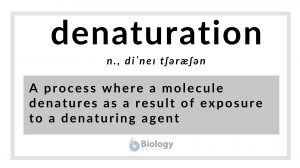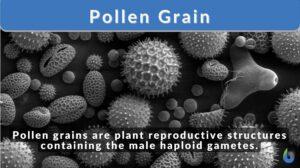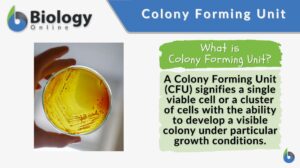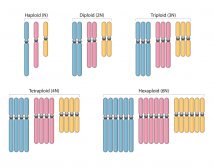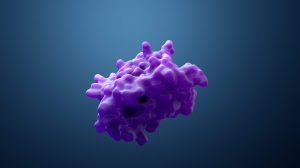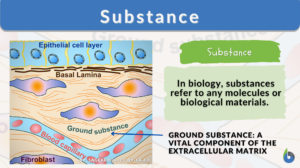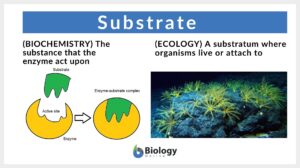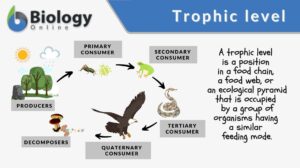Search Results for: agents
Hyperosmotic
Hyperosmotic Definition What is hyperosmotic? The word hyperosmotic is derived from two Greek words: 'hyper', meaning... Read More
Chelating agents
Chelating agents organic chemicals that form two or more coordination bonds with a central metal ion. Heterocyclic rings are... Read More
Diaphoresis
What is Diaphoresis? Diaphoresis is referred to excessive or profuse perspiration or sweating which may be due to... Read More
Redox reaction
Redox Reaction Definition What are redox reactions? This is a common term in chemistry and biology. In chemistry, a redox... Read More
Autocrine signaling
Autocrine Signaling Definition What is autocrine signaling? Autocrine signaling is a type of cell signaling wherein a cell... Read More
Biosecurity and Biocontrol
By: Maria Victoria Gonzaga In the previous lesson, we learned about the importance of modern science... Read More
Reducing sugar
Reducing Sugar Definition What is reducing sugar? The type of sugar that acts as the reducing agent and can effectively... Read More
Biological Cell Defense
Organisms must find a means of defense against antigens such a viruses described on the previous tutorial. If this was not... Read More
Addressing the Unmet Medical Need for Safe and Effective Weight Loss Therapies
Perspective Addressing the Unmet Medical Need for Safe and Effective Weight Loss Therapies Cynthia M. Arbeeny Address... Read More
Denaturation
Denaturation Definition In biochemistry, denaturation is defined as a process in which a molecular structure deviates from... Read More
Pollen Grain
What are Pollen Grains? Plants are unique structures and so they carry out mechanisms in special ways. Fertilization in... Read More
Dehydration reaction
What is dehydration synthesis? A dehydration reaction is a form of biochemical reaction wherein a water molecule is lost or... Read More
Argipressin
Definition noun, plural: argipressins A vasopressin that has an amino acid sequence:... Read More
Susceptible
Resistance, vulnerability, sensitivity, tolerance, and susceptibility are some highly important terminologies across the... Read More
Antagonism
Definition noun (1) (physiology) The result of the interaction between structures, chemical agents, or diseases that have... Read More
Homeostatic Mechanisms and Cellular Communication
Homeostasis is the relatively stable conditions of the internal environment that result from compensatory regulatory... Read More
The consequences of antibiotic use in horticulture
Leading articles Frederick R. Falkiner* Department of Clinical Microbiology, Trinity College, Dublin; Central Pathology... Read More
Colony-forming unit
Colony Forming Unit Definition A Colony Forming Unit (CFU) in microbiology and cellular biology refers to a measure of... Read More
Stimulation
Stimulation 1. The act of stimulating, or the state of being stimulated. 2. (Science: physiology) The irritating action of... Read More
Polyploidy
Reviewed by: Mary Anne Clark, Ph.D. Polyploidy Polyploidy is defined as the state of being polyploid, which... Read More
Protein Variety
The sequence of amino acids determines which type of protein it is. It is synthesized from a DNA strand, each DNA strand... Read More
Trophic level
In ecology, a trophic level pertains to a position in a food chain or ecological pyramid occupied by a group of organisms... Read More
Agglutinin
Definition noun, plural: agglutinins Any substance, usually of biological origin, that causes agglutination or clumping... Read More
Bacteriostat
Definition noun, plural: bacteriostats A biological or chemical agent causing bacteriostasis. Supplement Bacteriostatic... Read More
Beta-blocker
Definition noun, plural: beta-blockers A drug that blocks the action of endogenous catecholamines on beta-adrenergic... Read More
Hypotonic solution
Hypotonic Solution Definition What is a hypotonic solution? It refers to a solution that contains a lower amount of solute... Read More
Macrophytes
Introduction Examples of Macrophytes. (Source: Canada's AquaticEnvironments) ... Read More


